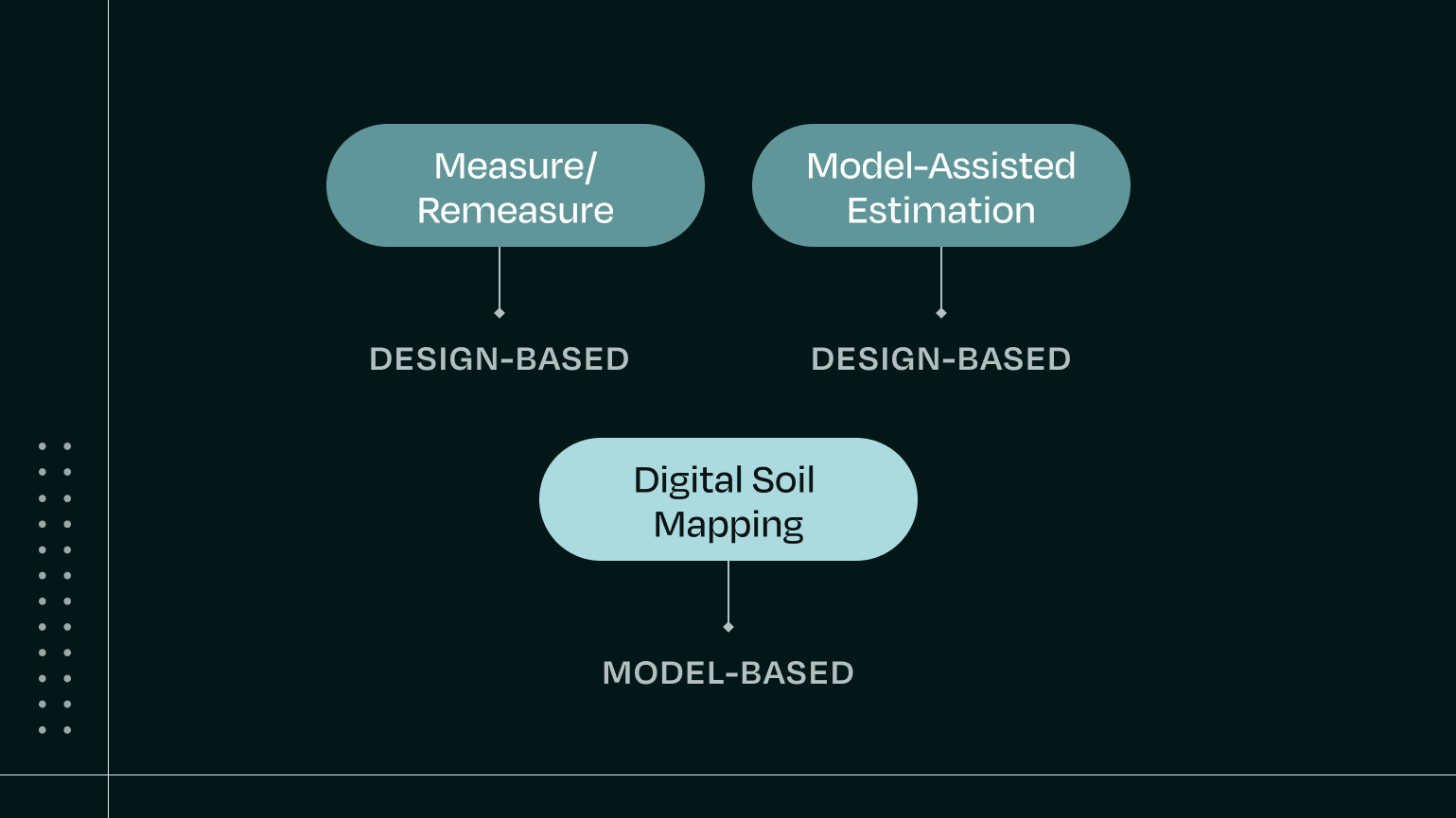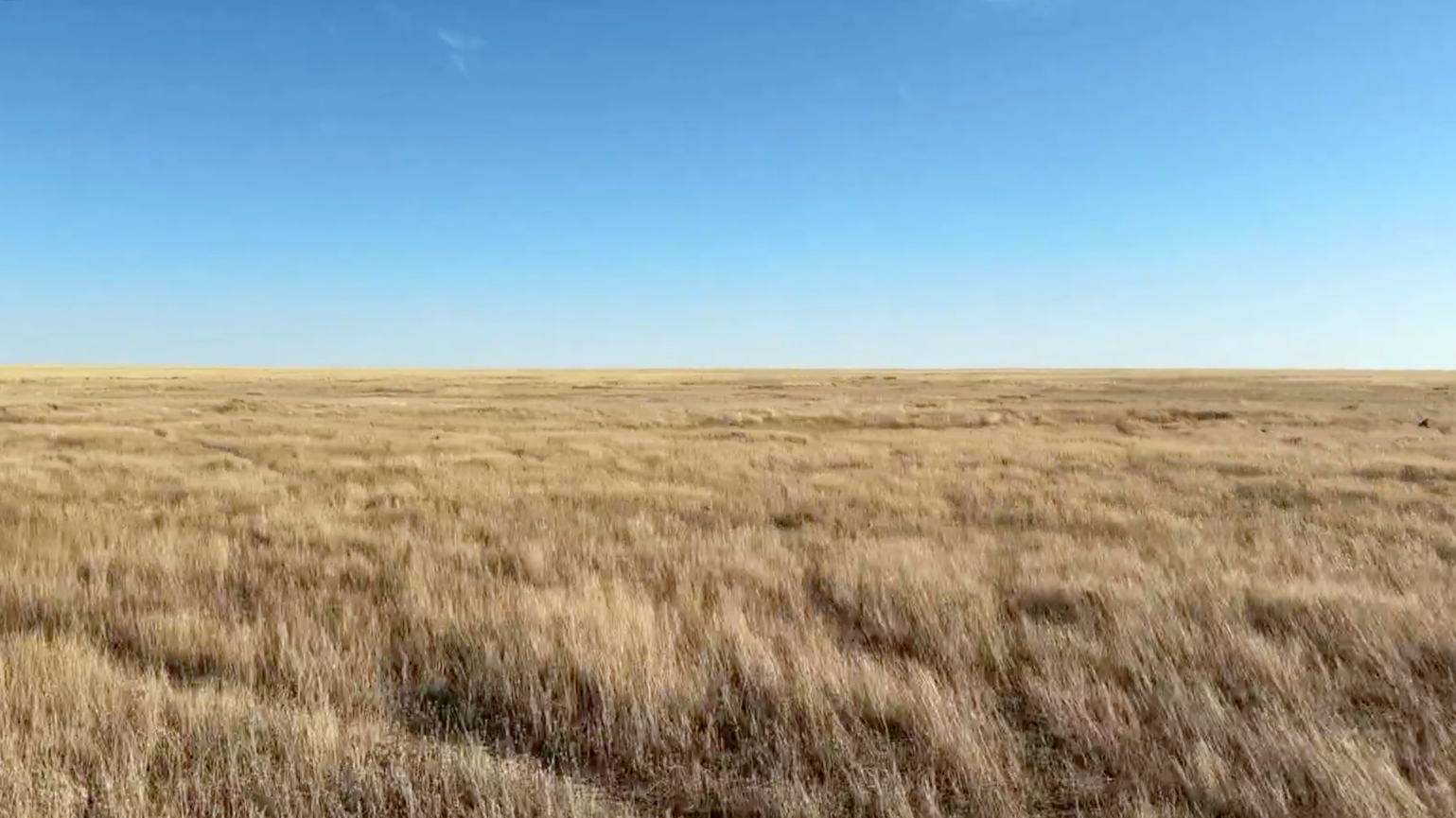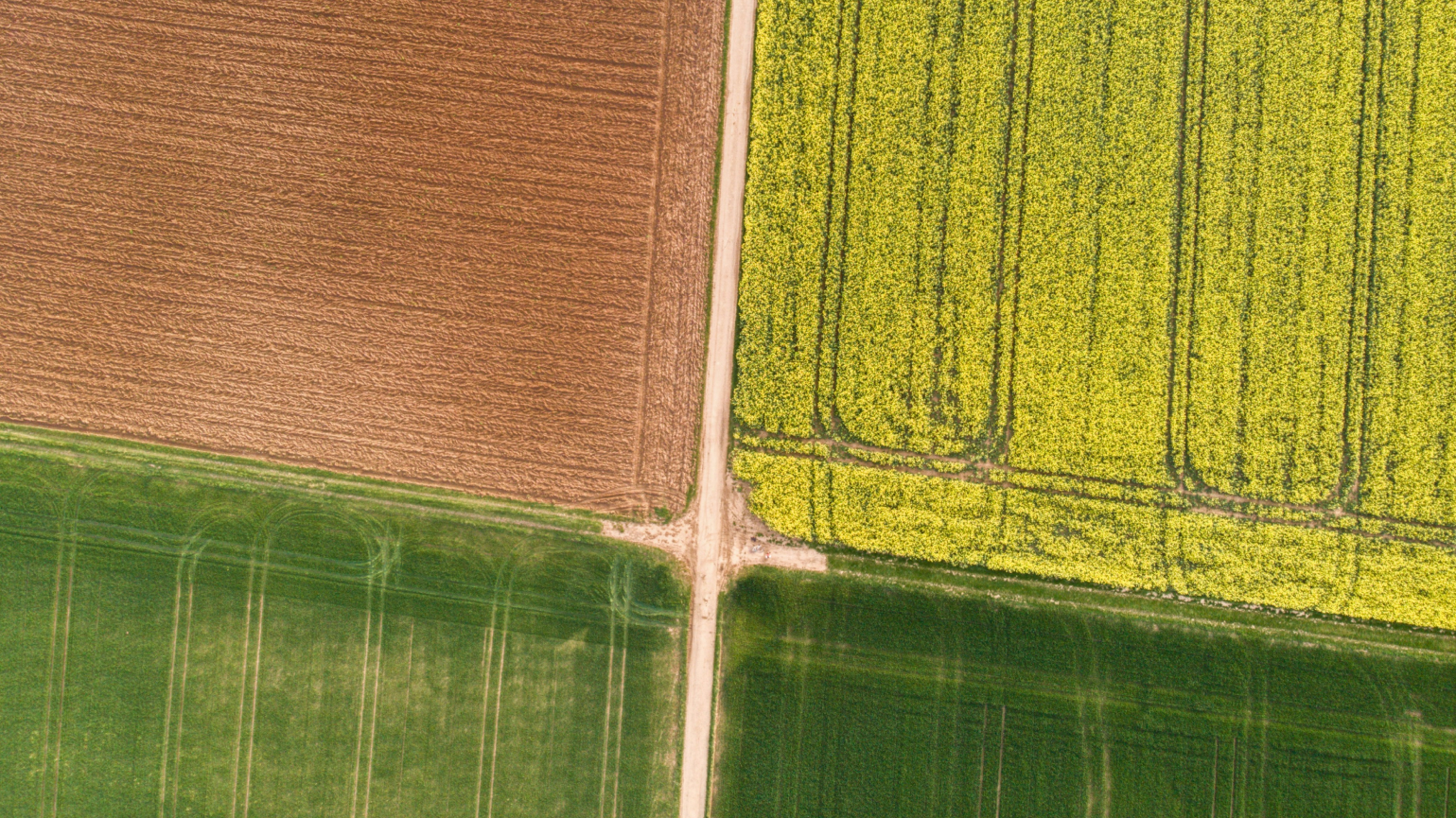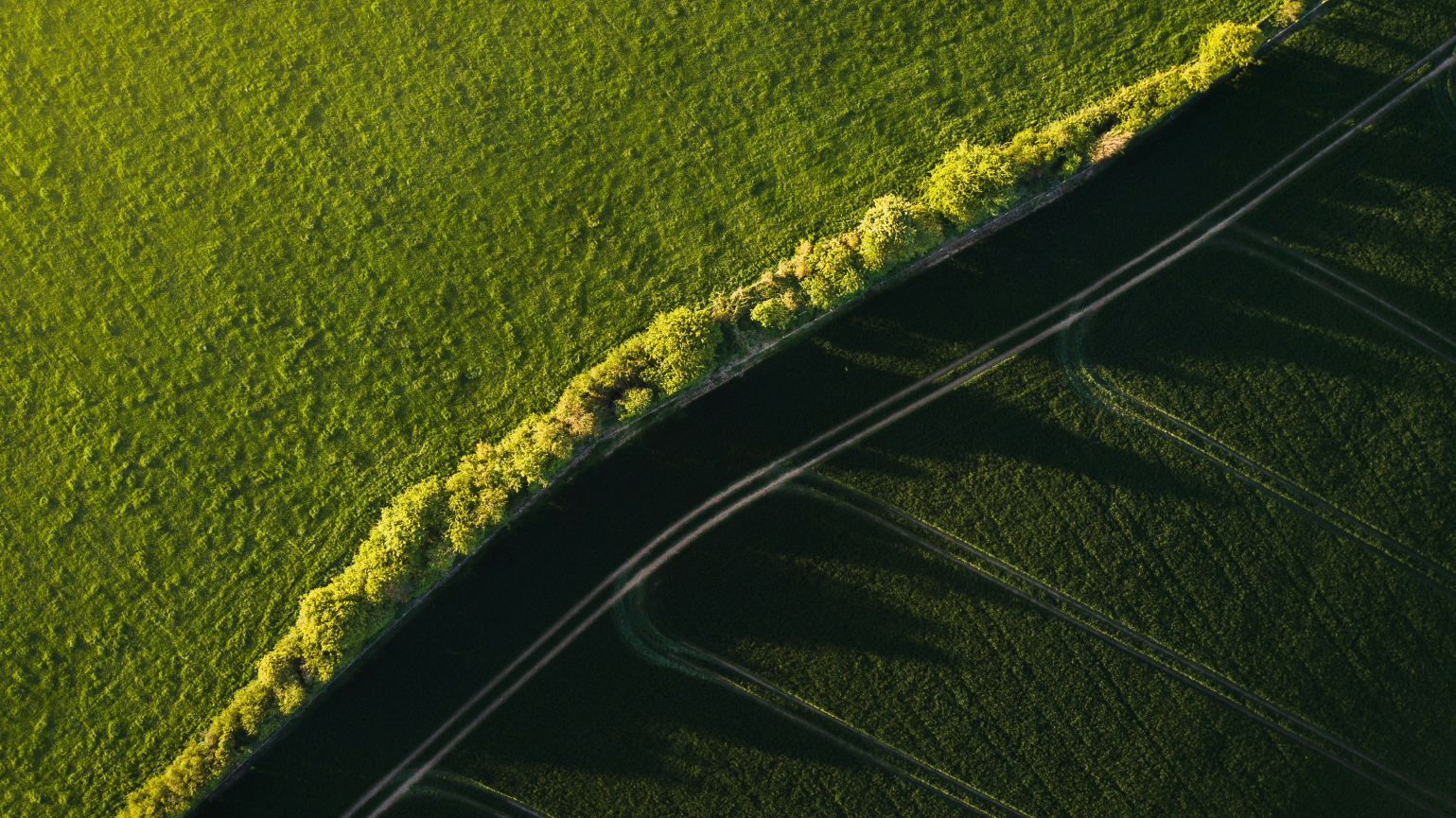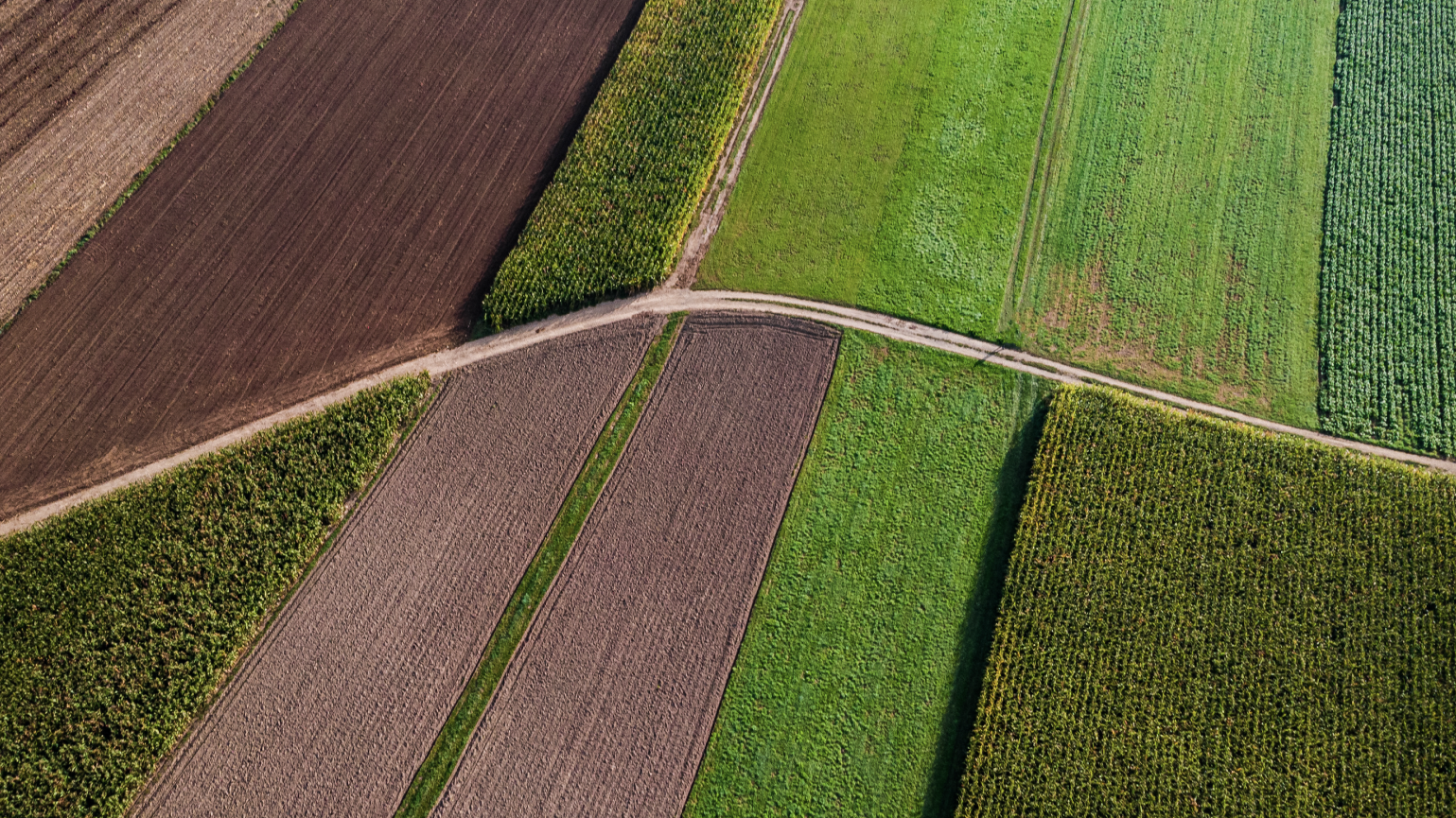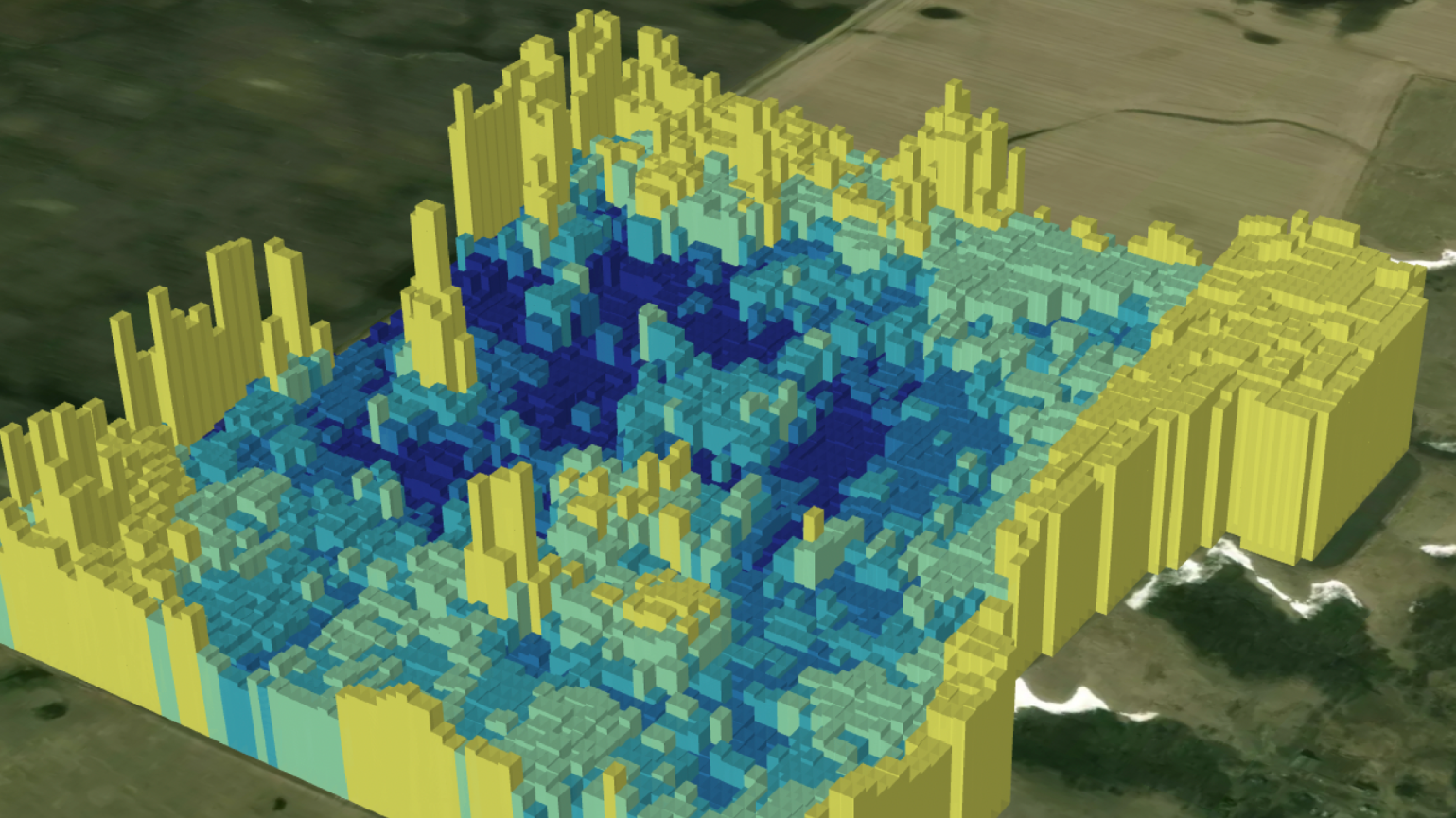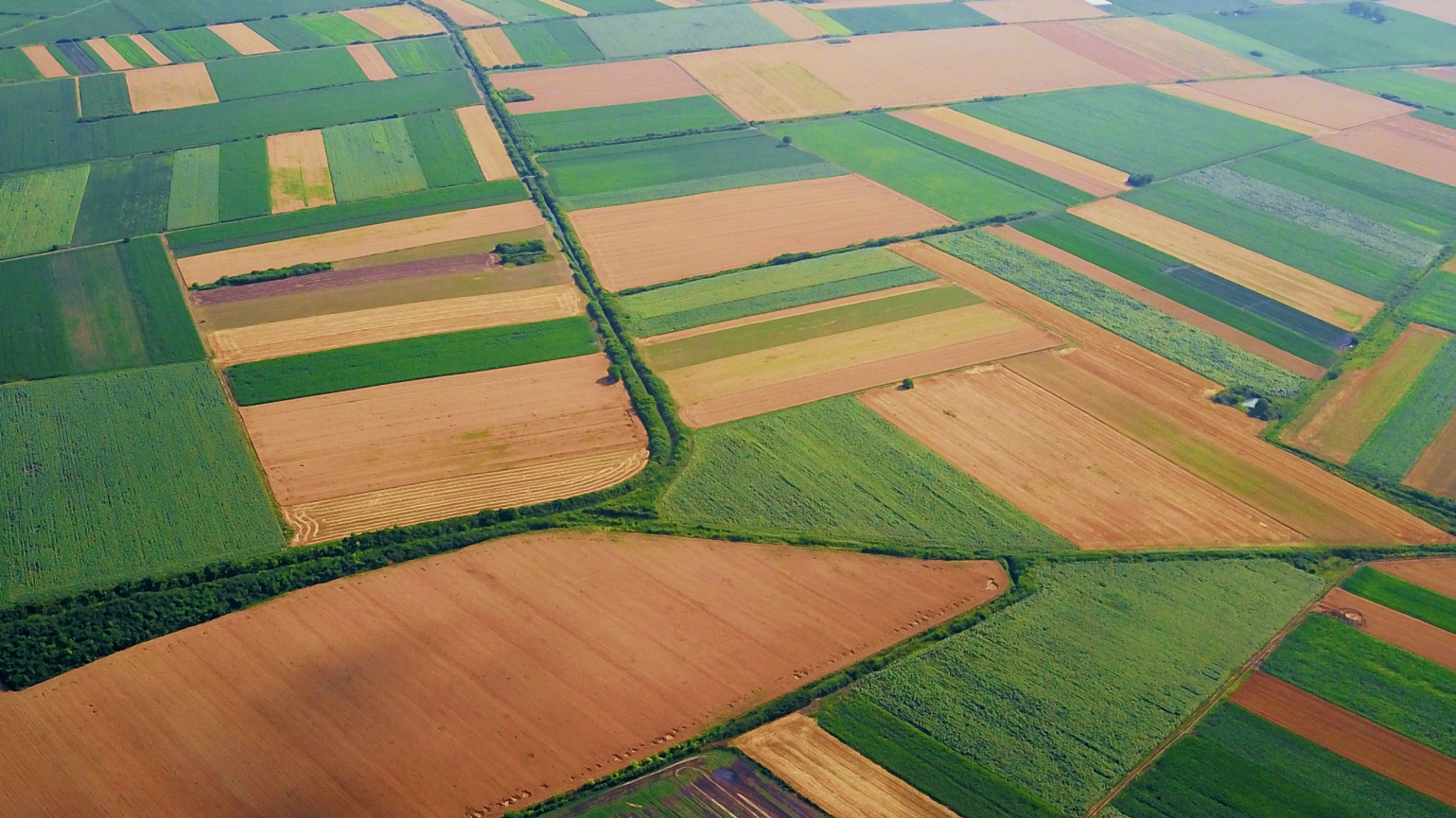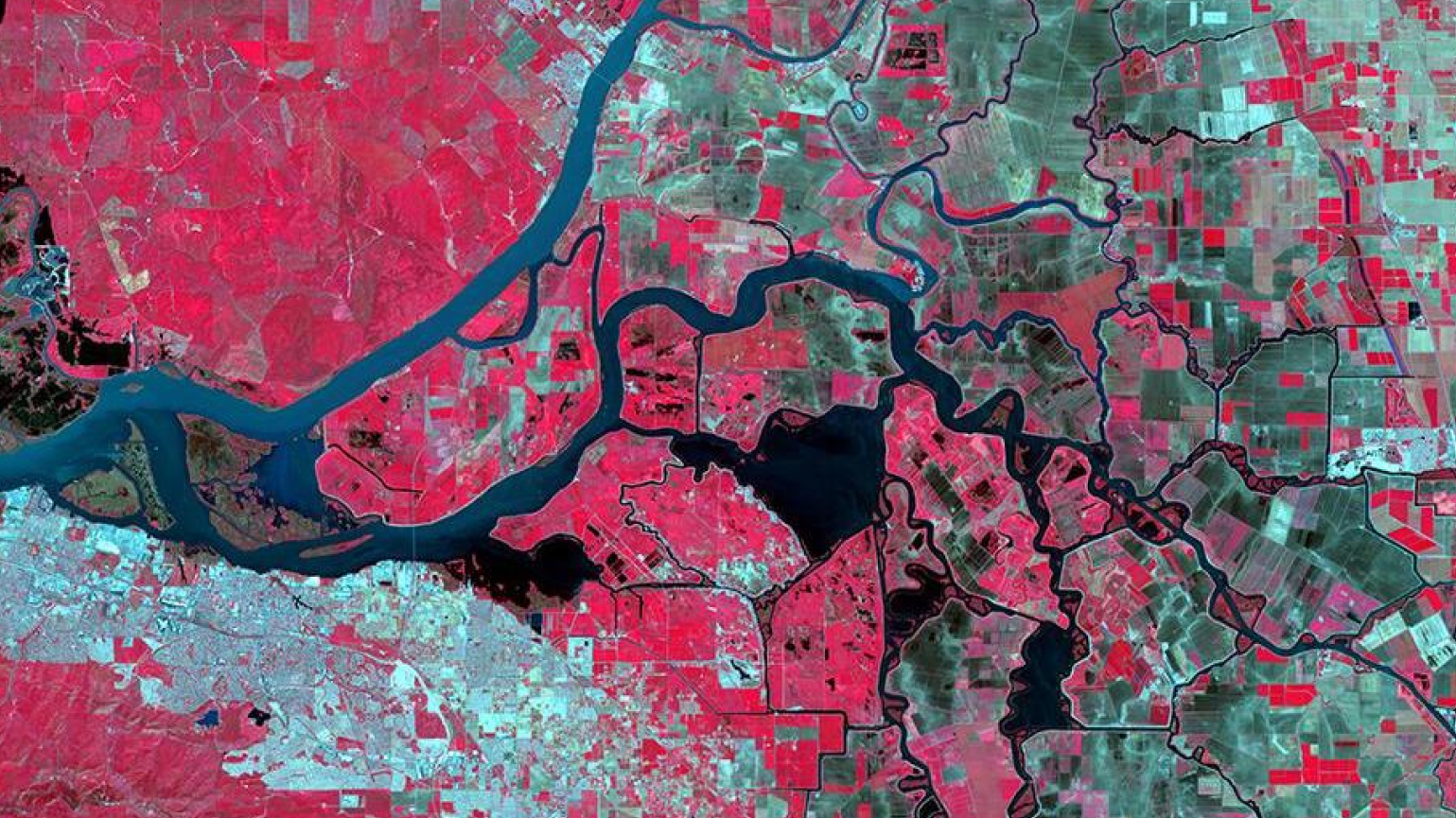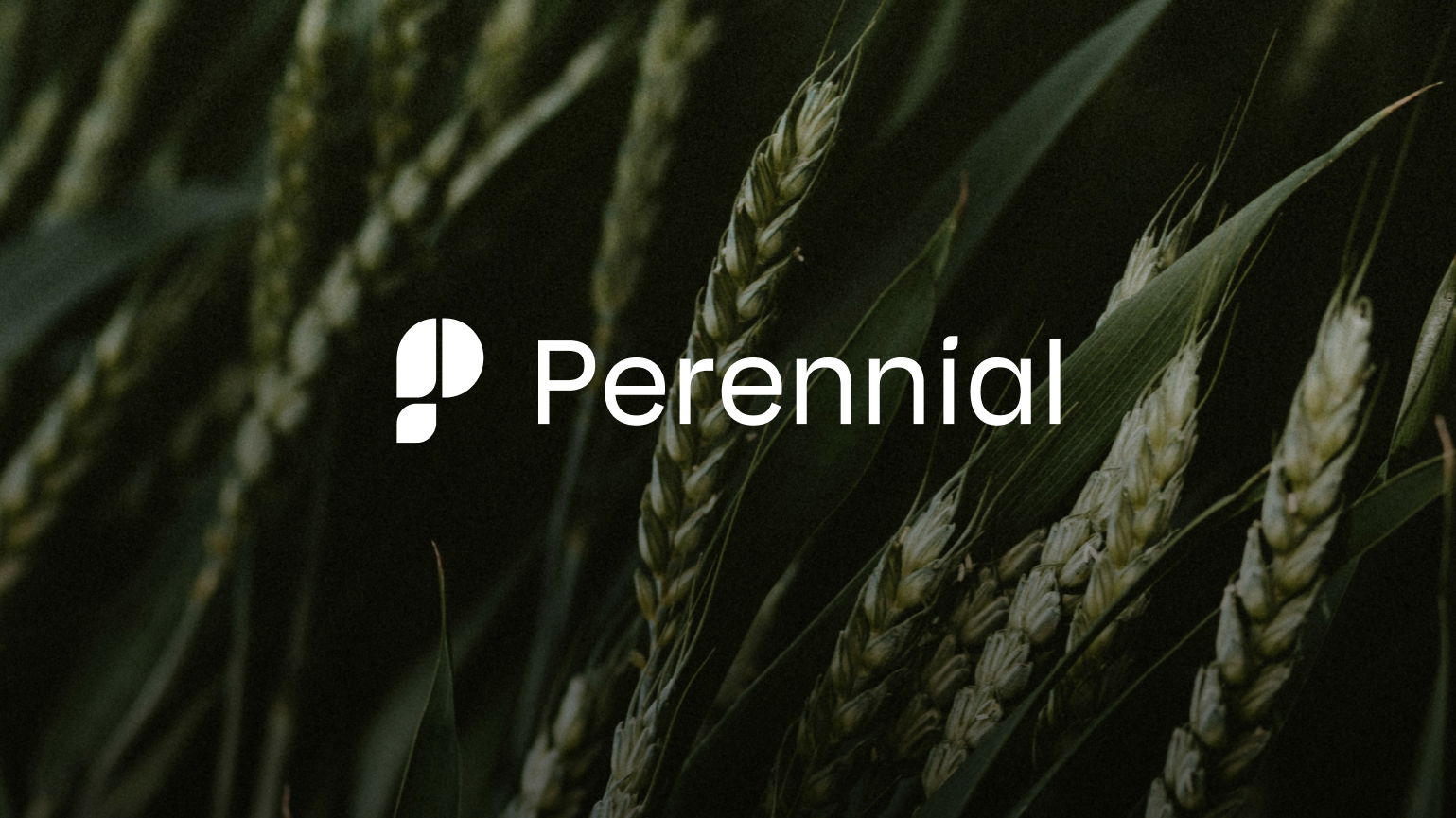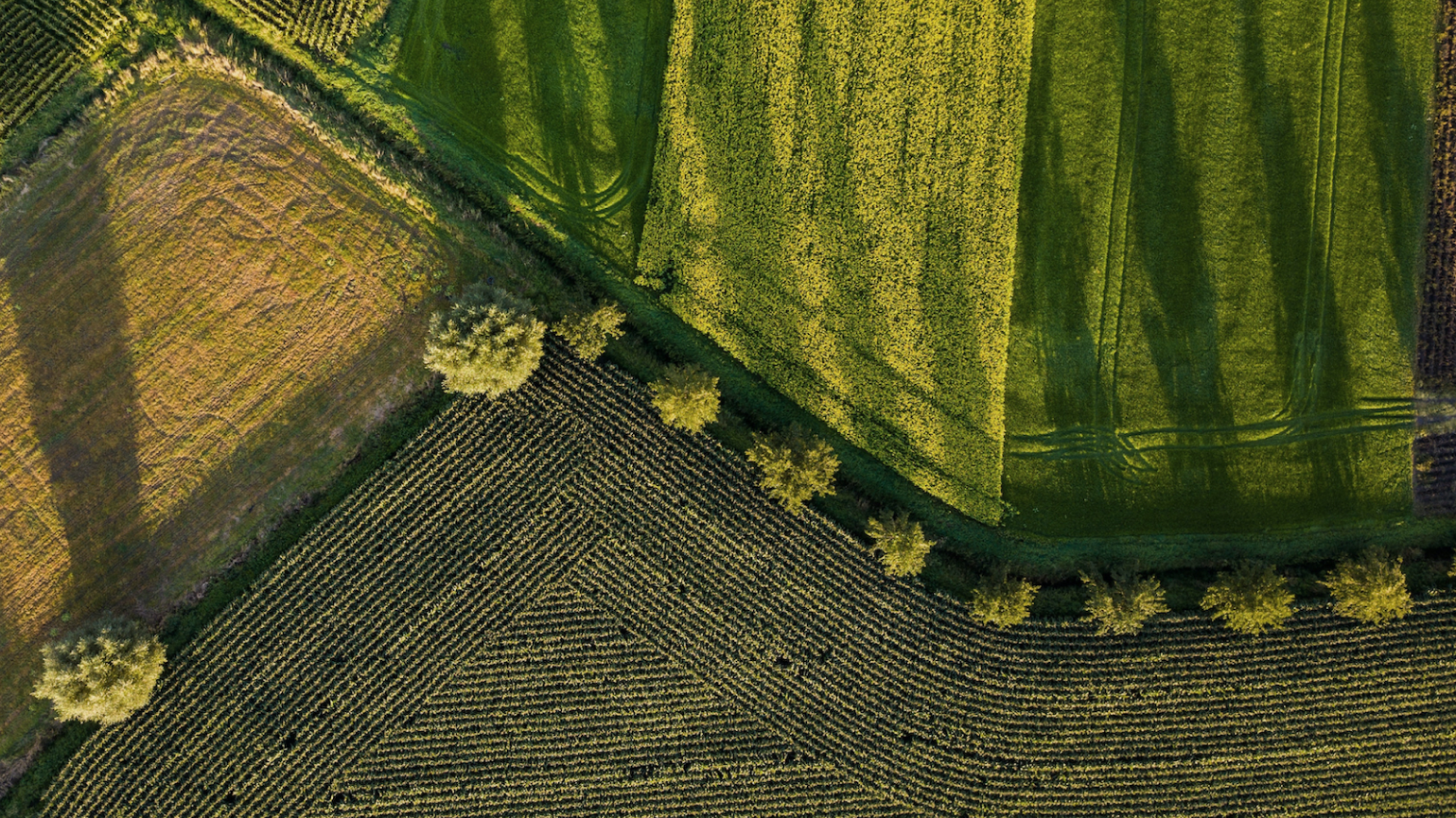CASE STUDY: How Perennial's flexible MMRV solution enabled farm-level emissions factors for Vital Farm’s pasture-based farmer network.
They believed it was better. Now they have data.
Vital Farms is committed to improving the lives of people, animals, and the planet through food— and that’s reflected in the way they farm. Practices like rotational grazing, continuous vegetation cover, and regenerative pasture management are core to their approach, improving animal welfare, soil health, and the resilience of land that otherwise may not be profitable.
With these practices, farmers were seeing real changes on the ground: better drainage, healthier pastures, and more active hens that ventured farther out. It was clear to the Vital Farms team that their approach had environmental benefits — now they wanted data to back them up.
“We knew our farmers were rotating pastures, keeping vegetation cover, and rebuilding the soil through grazing,” shared Andrea Chu, Sr. Director of Impact at Vital Farms. “But we wanted to put a number to it.”
Vital Farms partnered with Perennial to calculate Scope 3 emissions — leveraging primary field-level data to establish emissions factors grounded in how their farmer network actually operates, not industry averages.
A supply chain built differently
The more than 450 farms that Vital Farms sources from are small, pasture-raised, and managed by independent family farmers across nine states — often working land that was previously unproductive. It’s a system designed for happy, healthy hens, biodiversity, and land regeneration — not for uniformity.
That makes measurement more complicated.
Andrea recalled conversations with other measurement, reporting and verification (MRV) providers who defaulted to row crop models. “Perennial was the only one who didn’t try to force-fit an understanding of corn, wheat, and soy rotation on us. We knew how our farms operate. They’re different. And we needed a partner who not only accepted that but built around it.”

Balancing groundtruthing, scalability, and practicality
The other MRV companies also needed extensive soil sampling. “I just remember one of them saying, ‘Okay, we’ll need to put a probe in every farm.’ We were like woah. We hadn’t budgeted for that. But beyond expense, that level of sampling would be so disruptive for our farmers”, Andrea shared.
“The way Perennial combines groundtruthing from soil samples with a really sophisticated model meant we could get the data we needed with a fraction of the samples.”
“And when I spoke to your team about how we’d approach sampling, I could tell they had an inherent understanding of what farmers are doing, and not wanting to distract them from their actual job of producing eggs and generating an income for their families. You also really understood the biosecurity risks and the chances our farmers were taking on by having an external presence. The importance of the farmer relationship, and how fragile it can be — you got that.”
What Perennial delivered
Perennial worked with Vital Farms to create a Scope 3 program plan that balanced rigor with practicality — a process tailored to their pasture-based production, not imposed on it.
Perennial’s proprietary digital soil mapping framework (ATLAS-SOC) adapts across land uses, crops, and regions — and quantifies soil carbon with up to 10x fewer samples than conventional methods.
Thanks to the flexibility of our technology and our team’s agricultural expertise, we didn’t need to rely on generalized row crop-based assumptions. Our minimal sampling requirements aligned with their on-farm realities — minimizing the burden on farmers, and staying within budget.
Here's what we did for Vital Farms:
- Conducted a full cradle-to-gate assessment across hundreds of farms and over a billion eggs, generating Scope 3 emissions factors for the eggs, broken down by egg-type and geography
- Modeled GHG emissions from feed, manure, energy, transportation, and soil using a Life Cycle Assessment
- Captured Tier 3 CO2 emissions from soils*, using Perennial's ATLAS-SOC Fine-tuned model
- Produced farm-specific emissions factors by region and egg type
- Created a baseline Vital Farms can use to track change over time
*The inclusion of IPCC Tier 3 CO₂ emissions from soils was an industry first for pasture-raised eggs — and a clear example of how Vital Farms continues to raise the bar for transparency in food.

What the data makes possible
Through our work together, Vital Farms moved beyond industry-wide proxies and general database emission factors to really calculate Scope 3 emissions using real on-farm data from their own supply chain.
“Perennial helped us clarify the nuances in how each of the farms in our network actually operate — from manure management to the different types of rations our hens eat and how those choices affect emissions”, shared Andrea. “It gave us a much clearer picture, and from there, a stronger baseline for our Scope 3 emissions inventory. Beyond that, it’s helping us understand how changes in our practices might influence those emissions over time.”
With those insights in hand, Vital Farms can more confidently report progress, engage stakeholders, and support their commitment to regenerative agriculture.
The data is part of their 2025 Impact Report and is being used to:
- Share climate efforts with investors and stakeholders
- Equip support teams to answer questions from discerning customers
- Track long-term improvements in soil health and emissions
- Strengthen the case that pasture-raised production is both environmentally and economically viable

What's next
Our work together didn’t just equip Vital Farms with an accurate, farm-level baseline — it gave them sharper visibility into their largest opportunity for climate impact: their supply chain.
It’s a meaningful step forward — for tracking progress, validating the environmental benefits of their approach, and reinforcing transparency.
As Vital Farms CEO Russell Diez-Canseco has shared, Vital Farms aspires to become the most trusted food company in America. That trust is actively being earned through initiatives like this one. We’re proud to support them as they continue to monitor — and share — their progress.
––––
Perennial provides Scope 3 emissions assessments to sustainability teams at food, fiber, and beverage companies globally. Our end-to-end measurement, monitoring, reporting, and verification (MMRV) solution works across crop types, land uses, and regions — anywhere commodities are sourced.
If your company has agriculture in your supply chain and wants more than a proxy, we can help.
Learn more about Perennial’s Scope 3 solutions →


